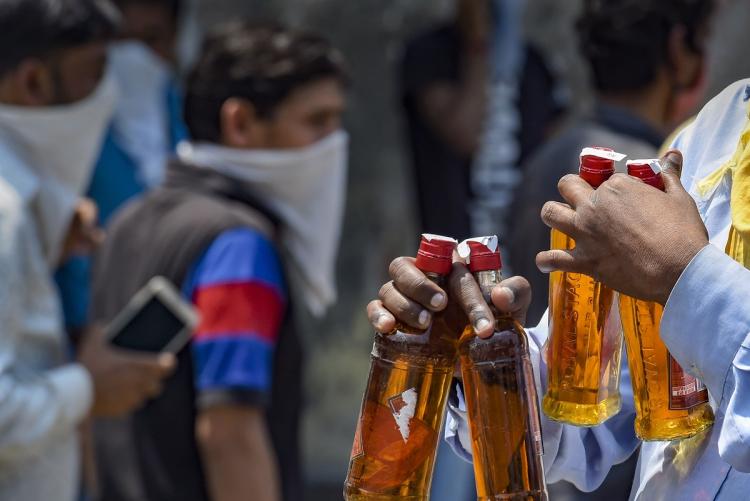
The Other Point of View
- By Sreelata Jonnalagedda and Anand Prahlad --
- june 23, 2020
Prohibition; COVID-19 Social Impact; Opinion Polarization
Note: A more detailed discussion on alcohol policy can be found @ https://www.deccanherald.com/opinion/panorama/a-relook-into-alcohol-policy-850720.html
Under the lock-down, liquor was categorized as non-essential with sales banned for 42 days. Two distinct groups emerged following an analysis of popular reactions to the ban. One was strictly in favour of extending the prohibition indefinitely, while the other felt the ban equivalent to shutting off the internet. Though alcohol policy normally evokes polarized opinions, the large empathy gap between them can make the middle ground seem lofty. Economic arguments usually form a big part of alcohol policy, we bring forth a sociological perspective that came to light under lockdown.
Among alcohol consumers we can envision three types, the social drinkers, addicts, and habitual consumers Social drinkers are those who value drinking in the group setting of either work or friends. They get more from the social setting rather than the drinking, and perhaps have a lesser chance of addiction. Under lockdown, social drinkers seemed to have found a substitute; zoom parties involving communal drinking over video chat.
The addicts are the ones with high dependence on alcohol, often drinking alone and face withdrawal symptoms if forced to stop. The habitual consumers have low levels of dependence, even if they are regulars. For the habituals, stopping consumption is mostly an inconvenience. When we extracted and analysed reader comments on an article on the liquor ban (Daiji World article titled, “Bengaluru: Liquor shops to open for limited hours if lockdown is extended”), there was very little recognition of the spectrum of alcohol consumers (see word cloud based on 33 article comments).
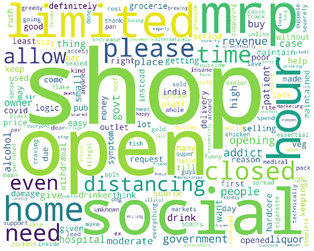
Instead we saw two camps: those who drink and the ones who do not. The former appeared to support individual liberty and choice to consume alcohol, while the latter advocated prohibition. Irrespective of the camp however, there was a strong negative sentiment (89% negative score); with reactions more emotional and analytical than normally seen on social media, having scores of 67.1(social media average: 63) and 73.2(social media average: 55). Drinking is clearly a touchy subject for all.
The liberals lamented over the unfairness of the Covid ban, comparing alcohol with products still available under lockdown, like cigarettes and meat. By labelling alcohol “non-essential”, they argue that the government has taken a moral stance, designating alcoholism as an individual failing while continuing to collect handsome sales revenue. There was a diversity of opinion on whether to make alcohol available through MRP shops, home delivery or limited hours of pubs; but they all agreed that the ban had to go. Otherwise, among other concerns people also feared that some may resort to unsafe alternatives to meet their needs.
The prohibitionists on the other hand, held a stereotypical image of an alcohol consumer as a wife beater. They argued that domestic violence will increase if ban is lifted, as families pressed for resources will struggle to deal with buying alcohol now. For prohibitionists, the Covid related ban on alcohol was pregnant with opportunity to rid the society of one evil, alcoholism.
In our opinion, as much as one wishes, a top-down government prohibition policy is definitely a non-starter when it comes to being human and navigating temptation. At the same time, to embrace a view that it is all about the individual, is to forgo our social net, a basic privilege of human existence. There undeniably is an individual component to alcoholism, and yet, we believe that governments can do a lot to help people make better choices. Alcohol policy always inspires vociferous debates, the lock down on alcohol sales and their subsequent resumption has re-opened this again. We are of the opinion that better policies begin with recognizing the other point of view.


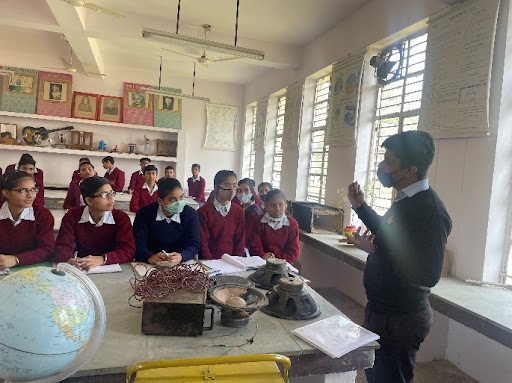
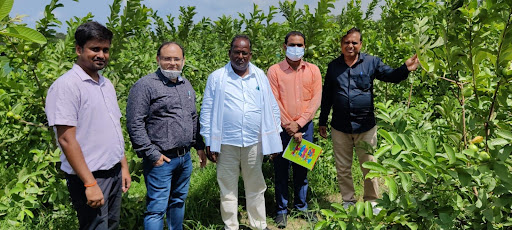

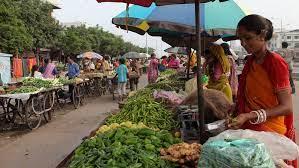
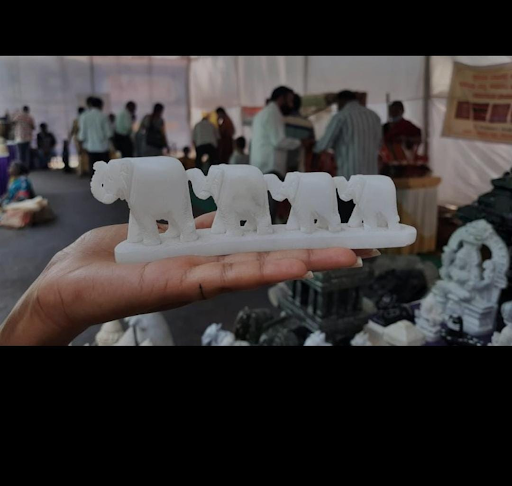
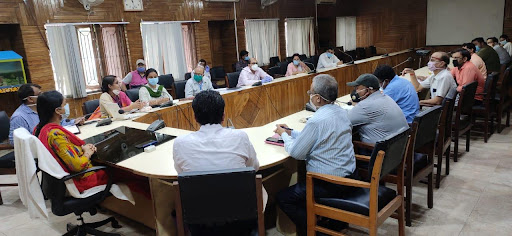

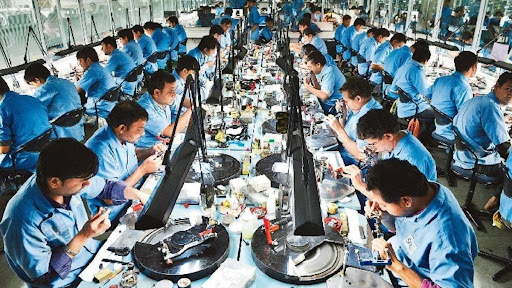

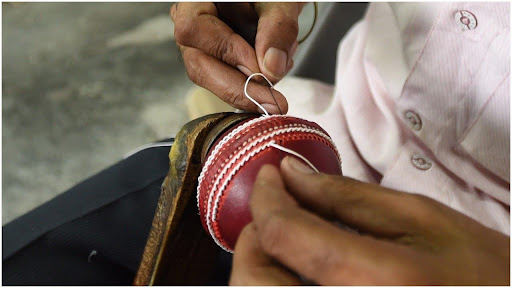

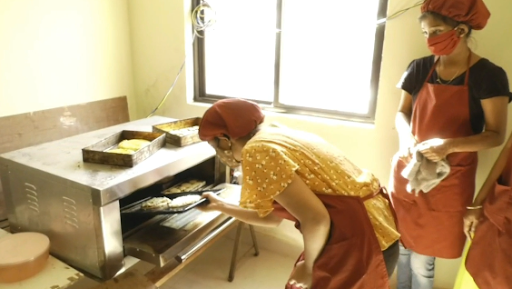
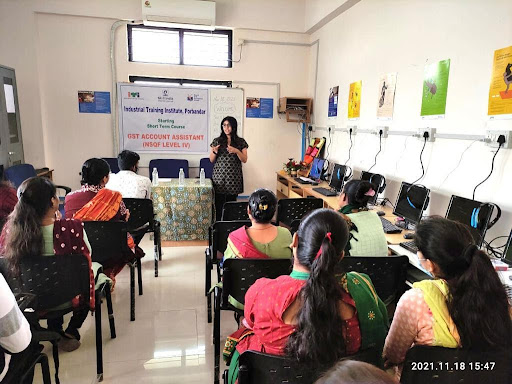
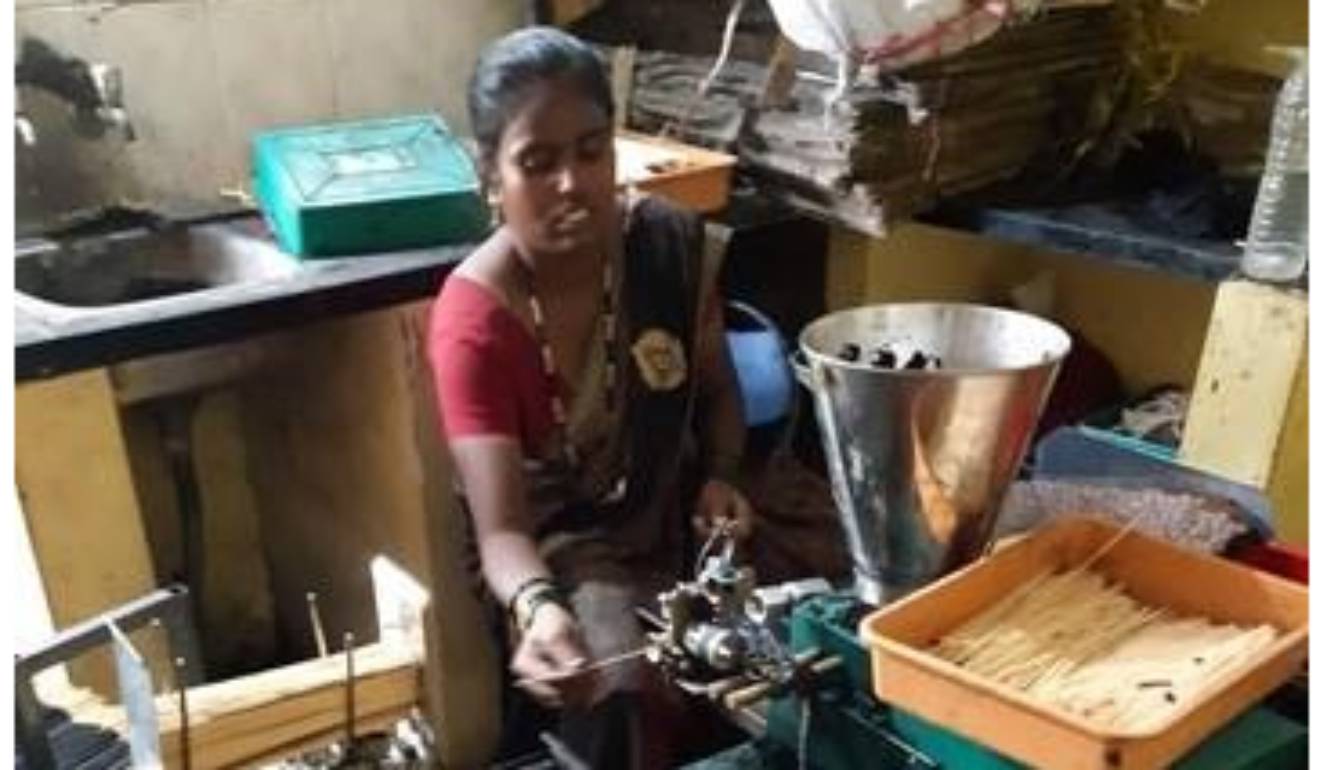
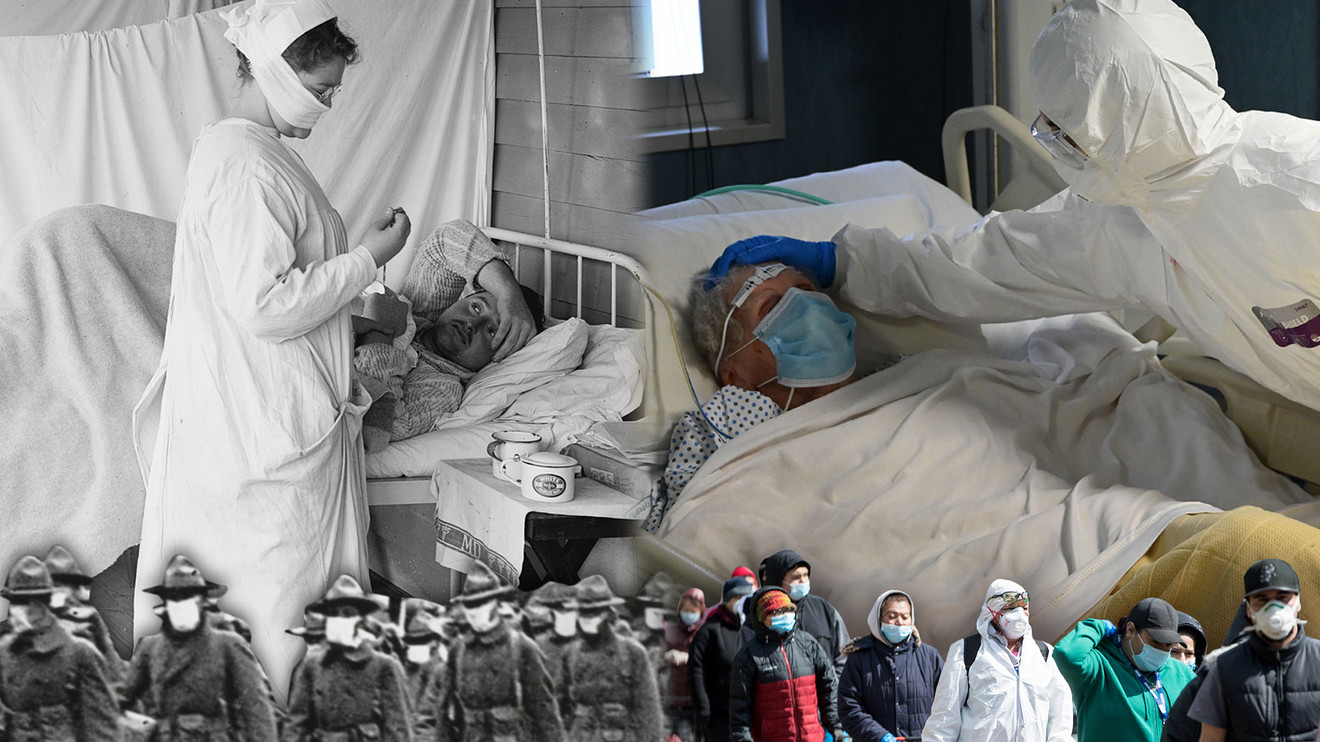


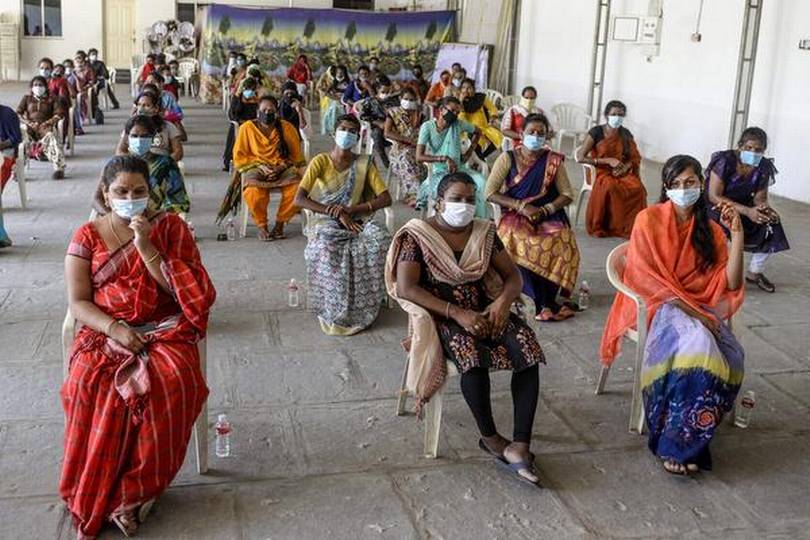
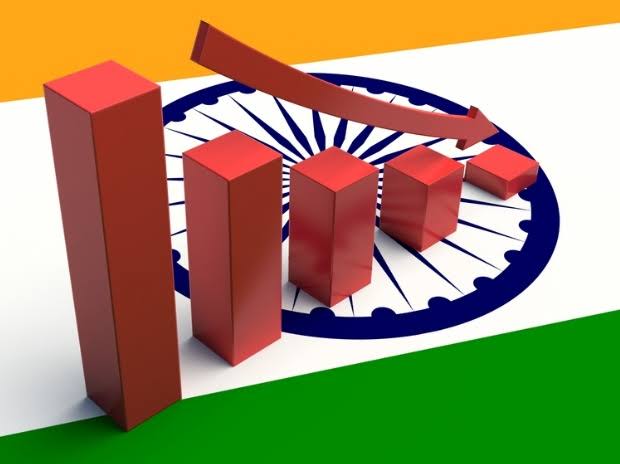






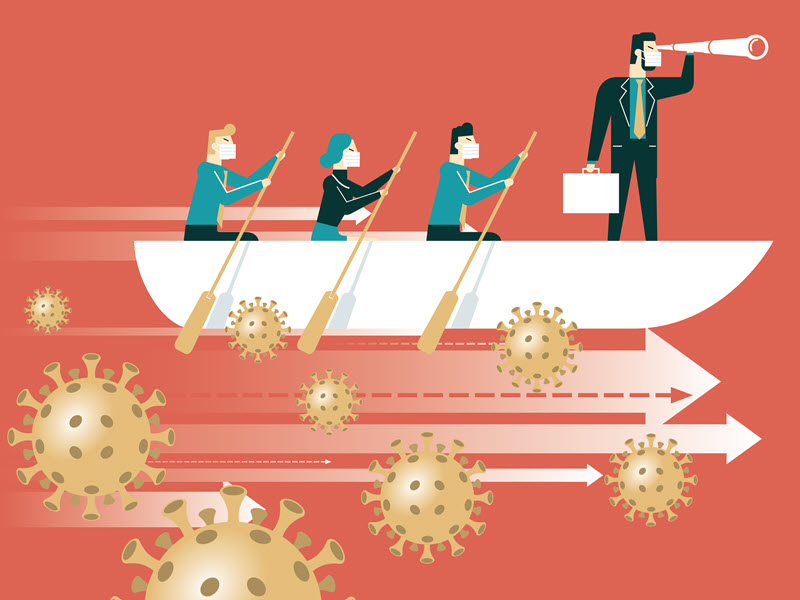
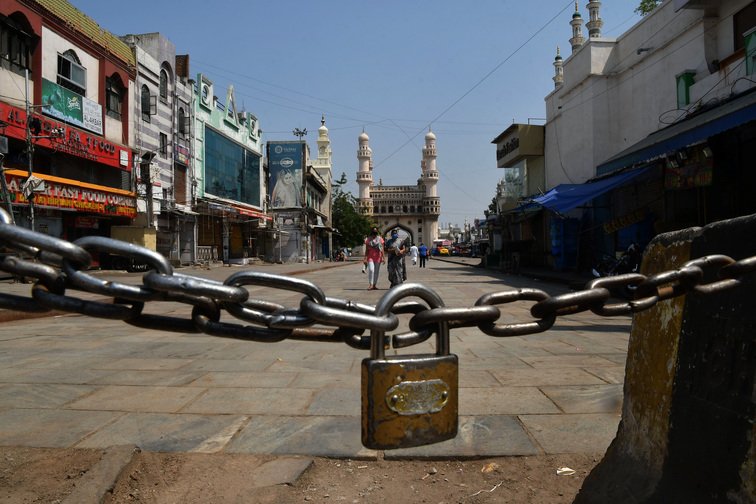
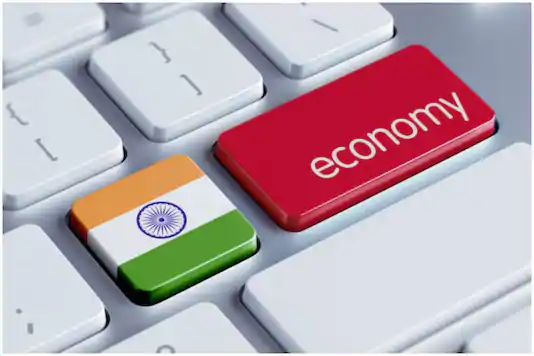


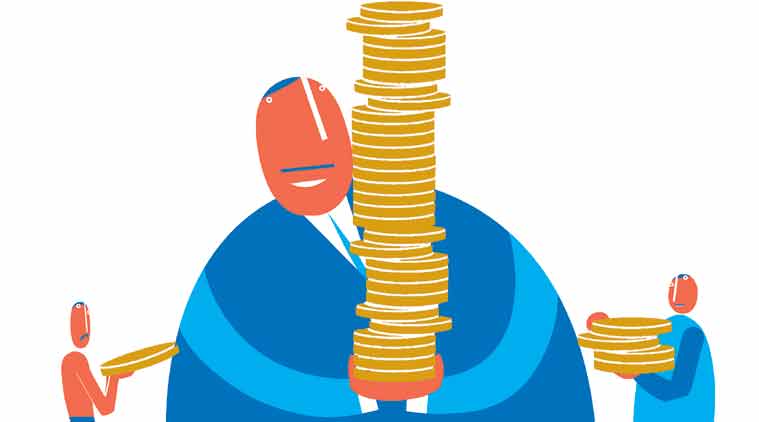
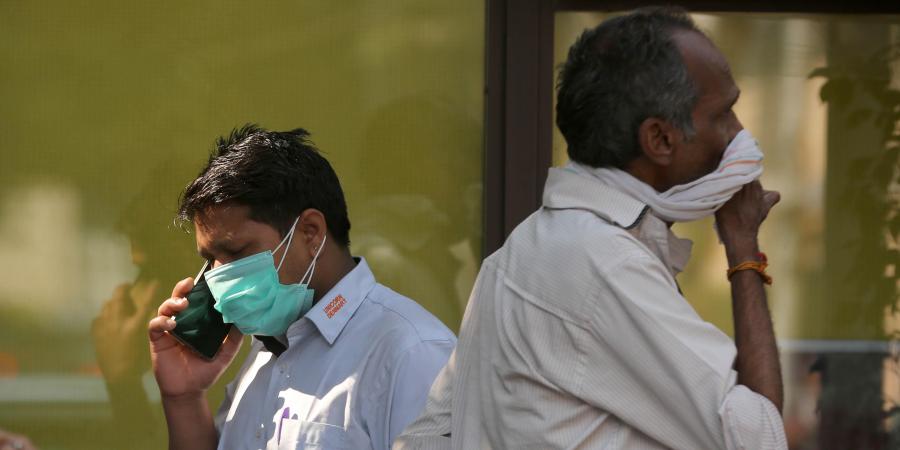
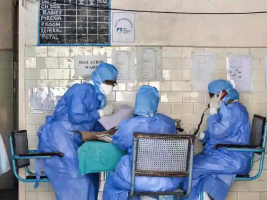
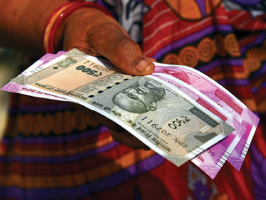
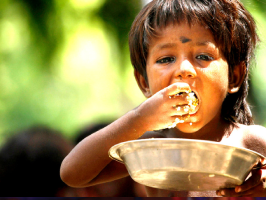
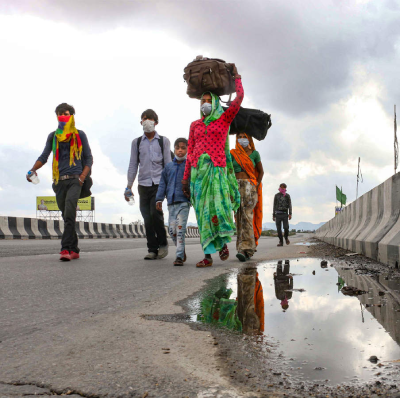
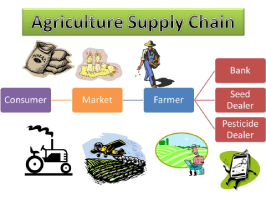
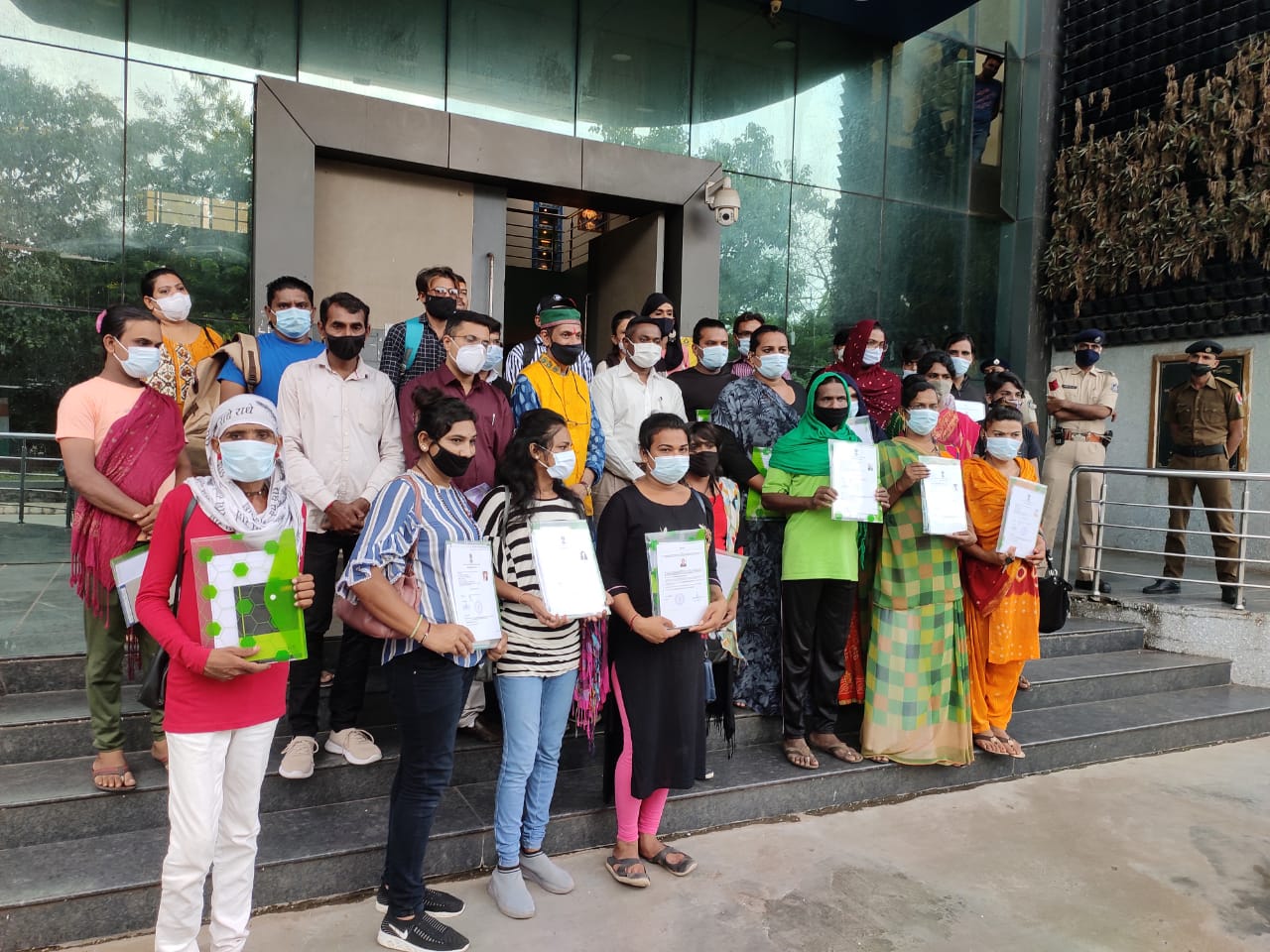
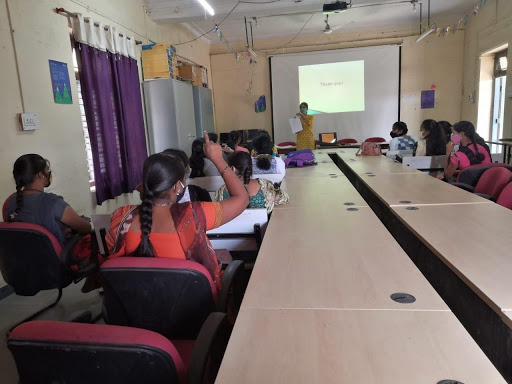


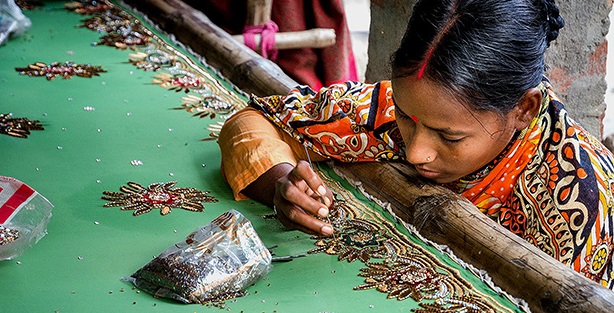
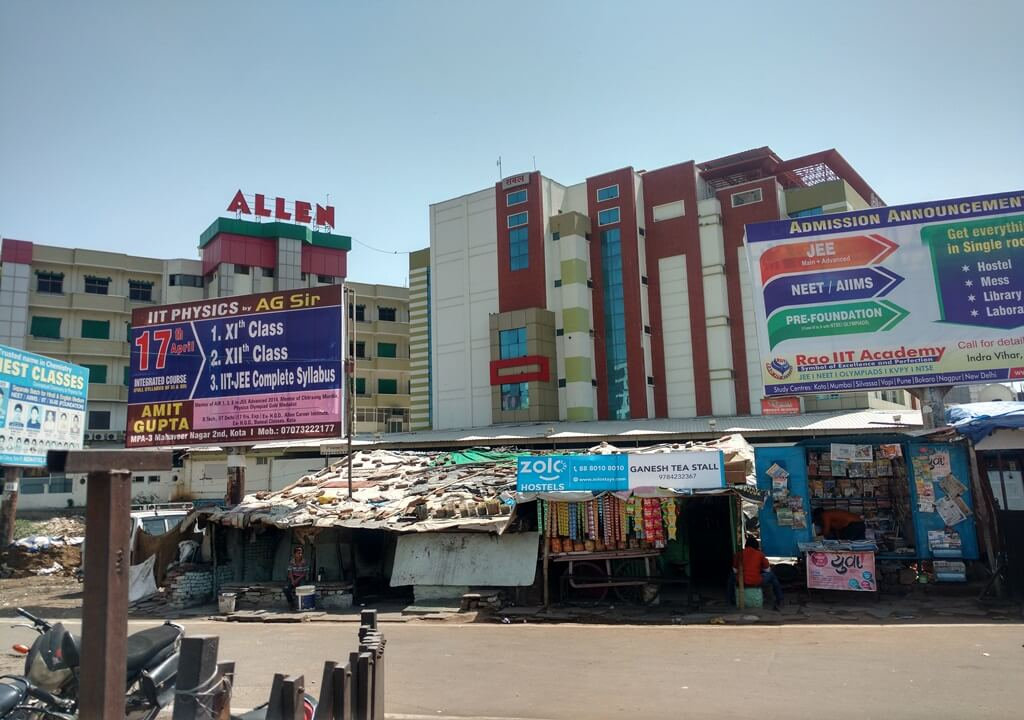
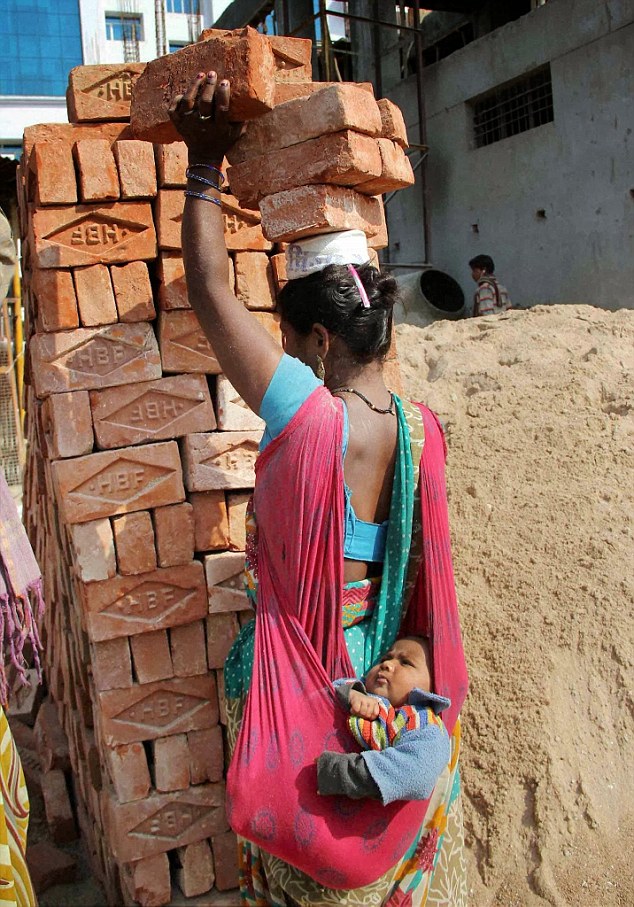

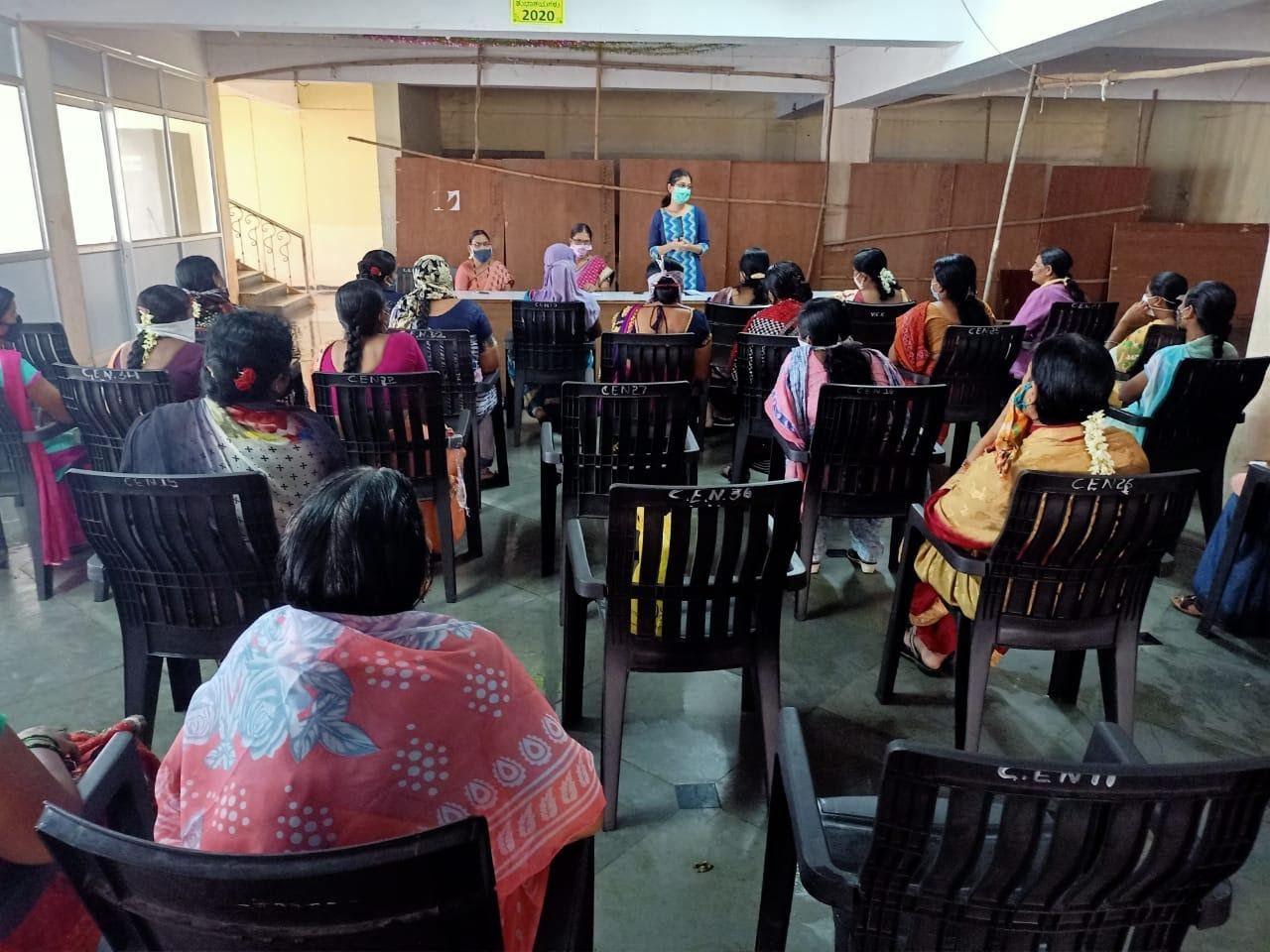
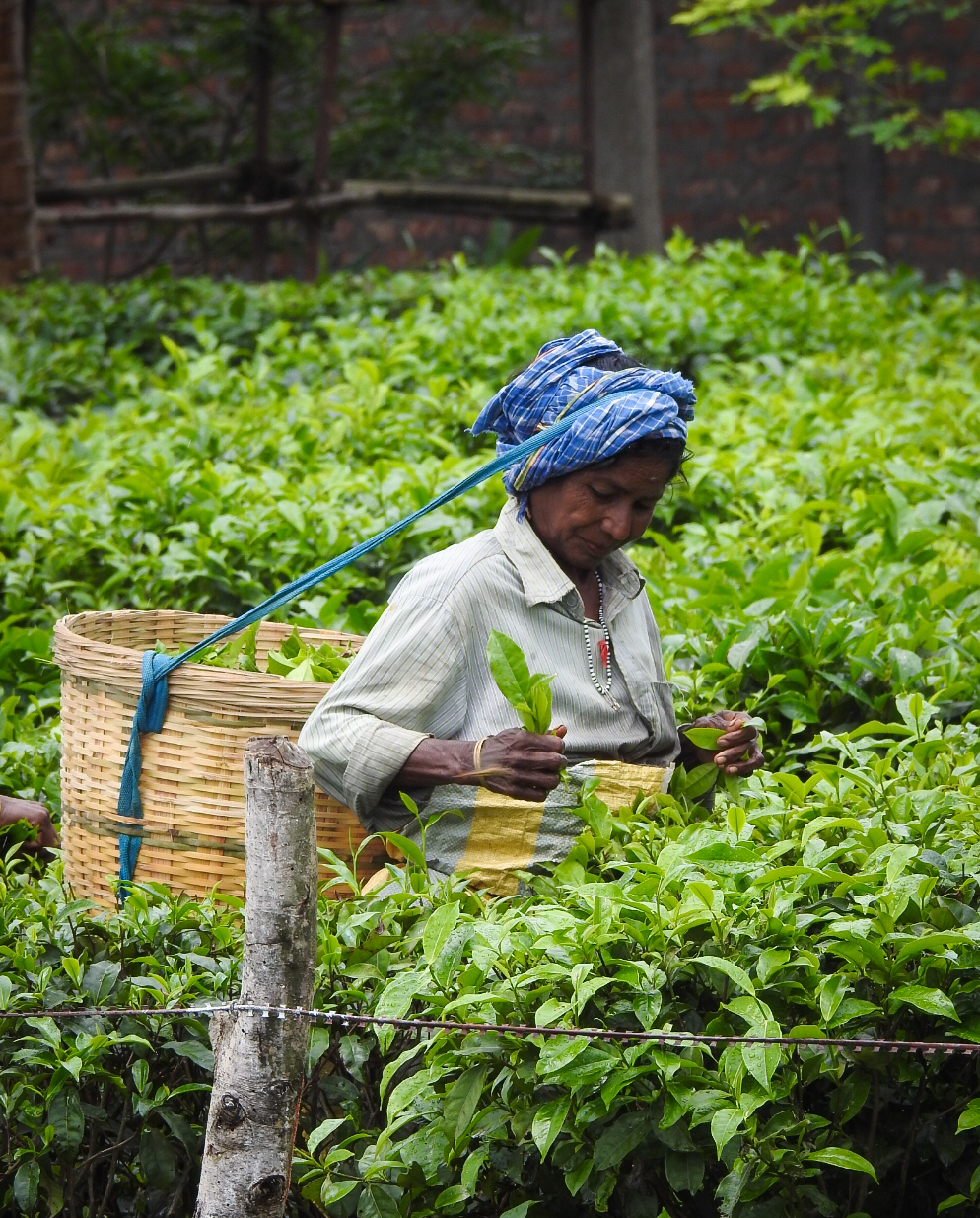


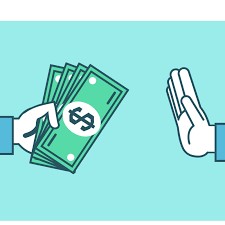
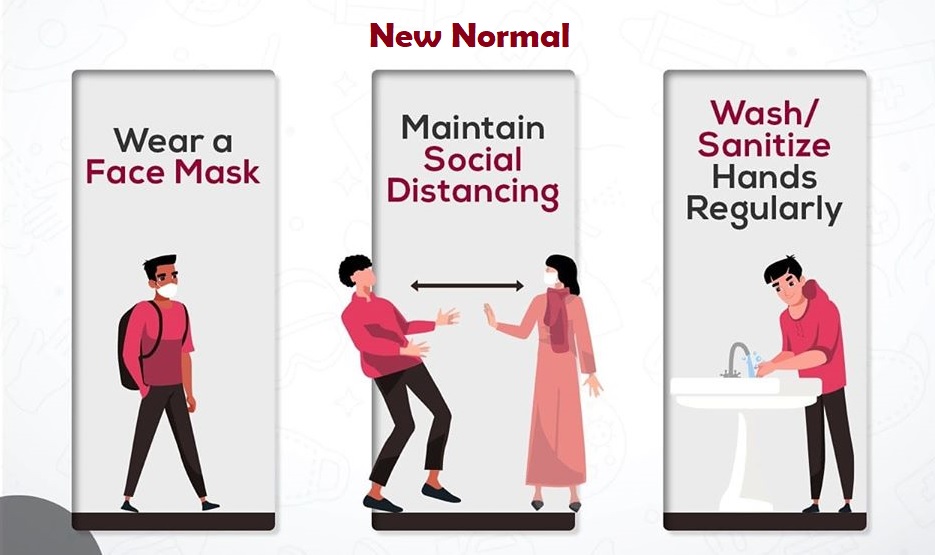

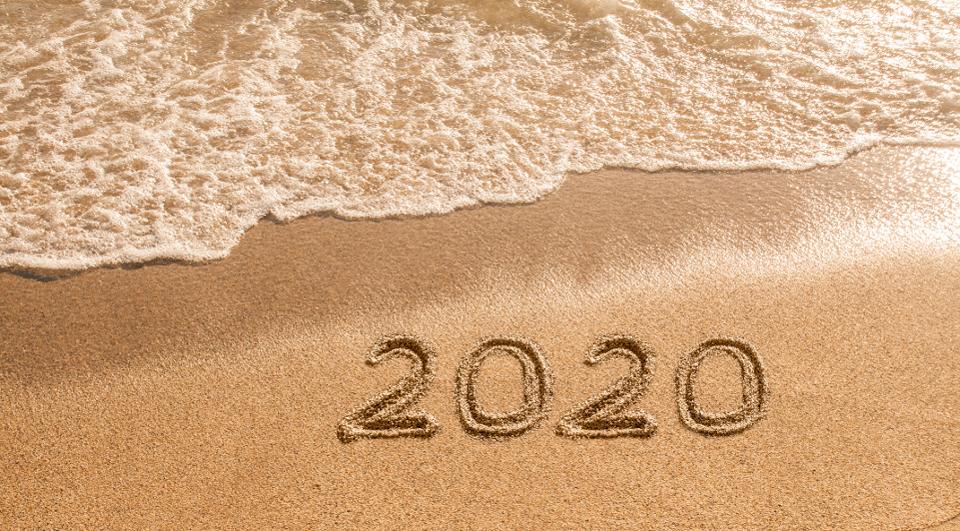
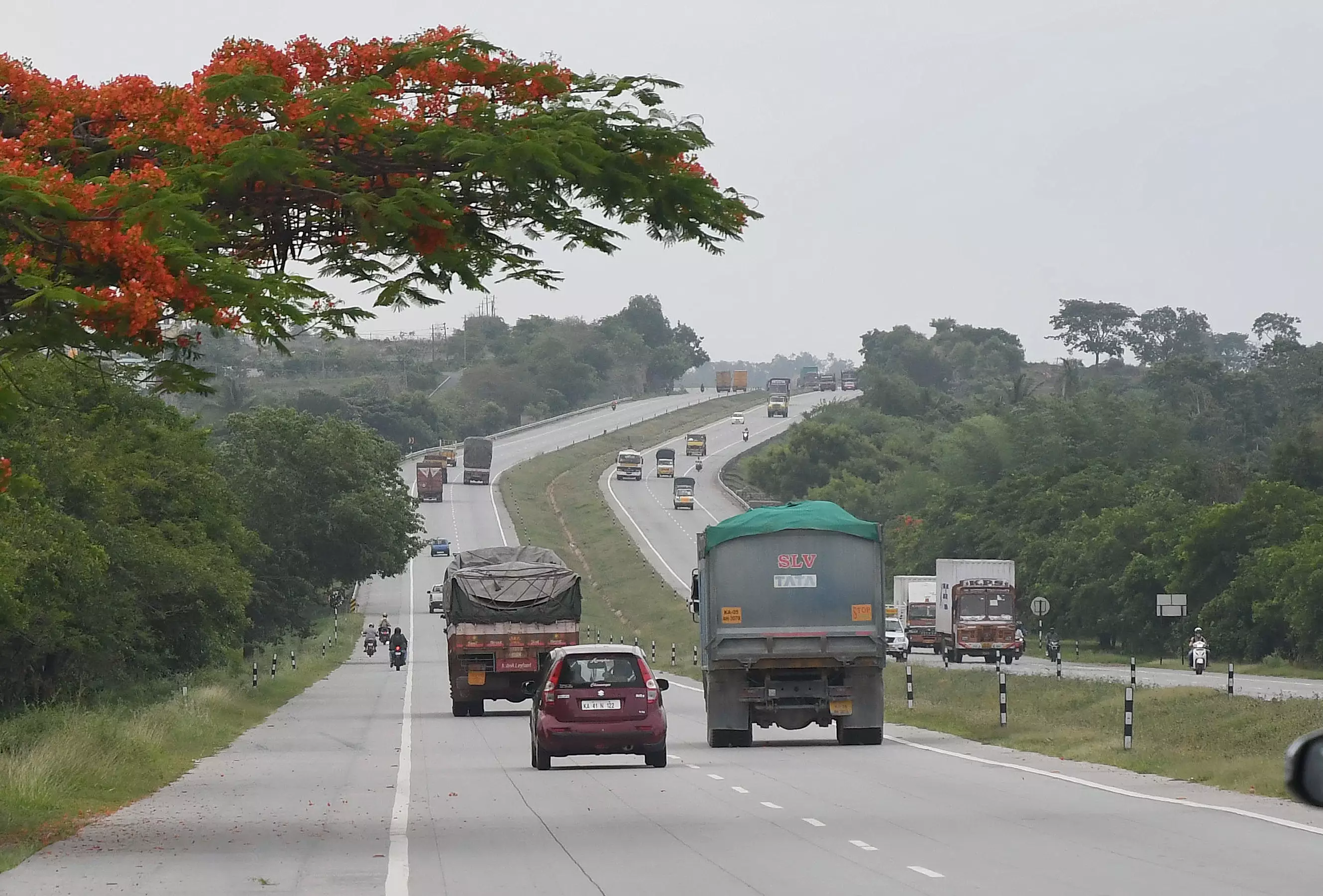
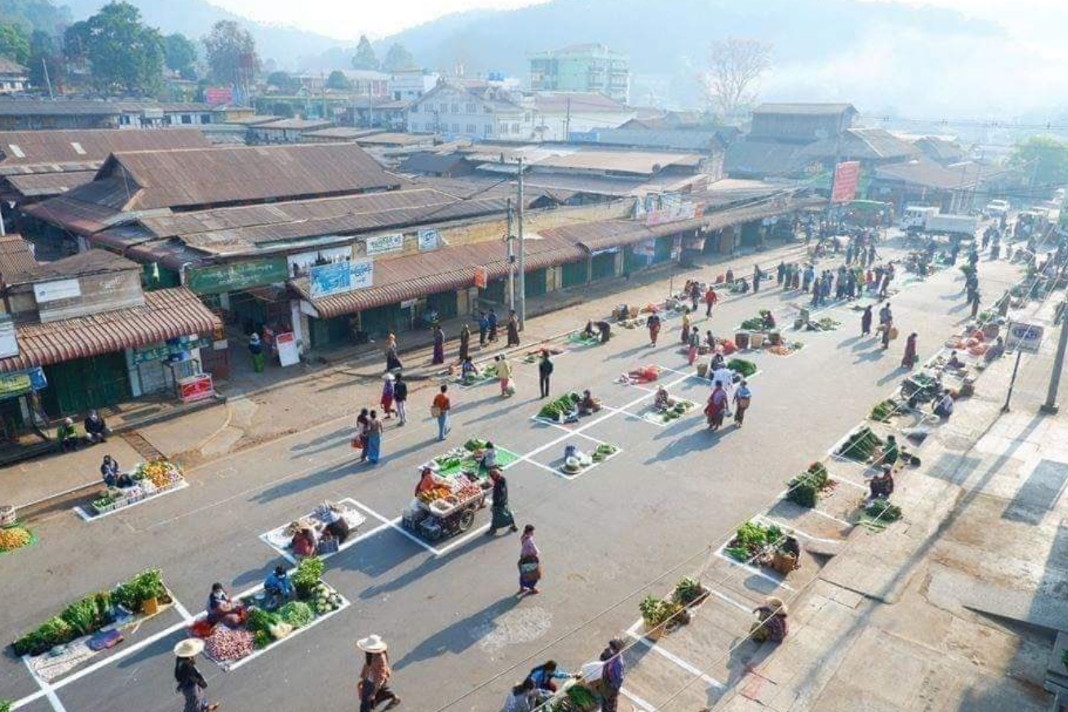


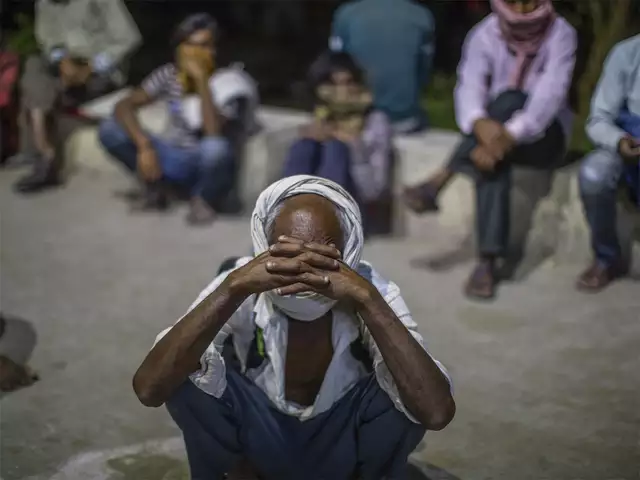
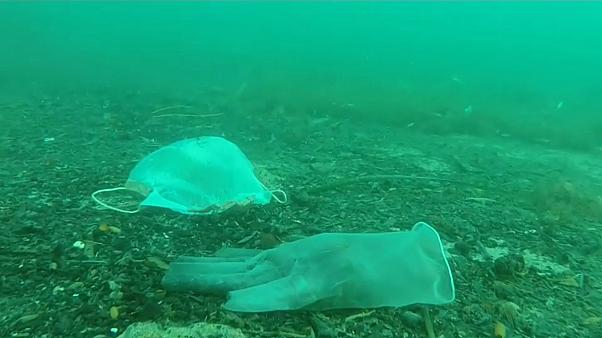
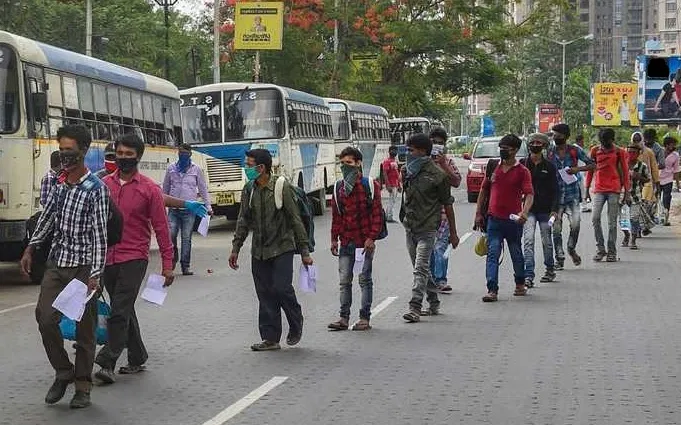




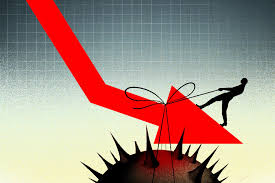
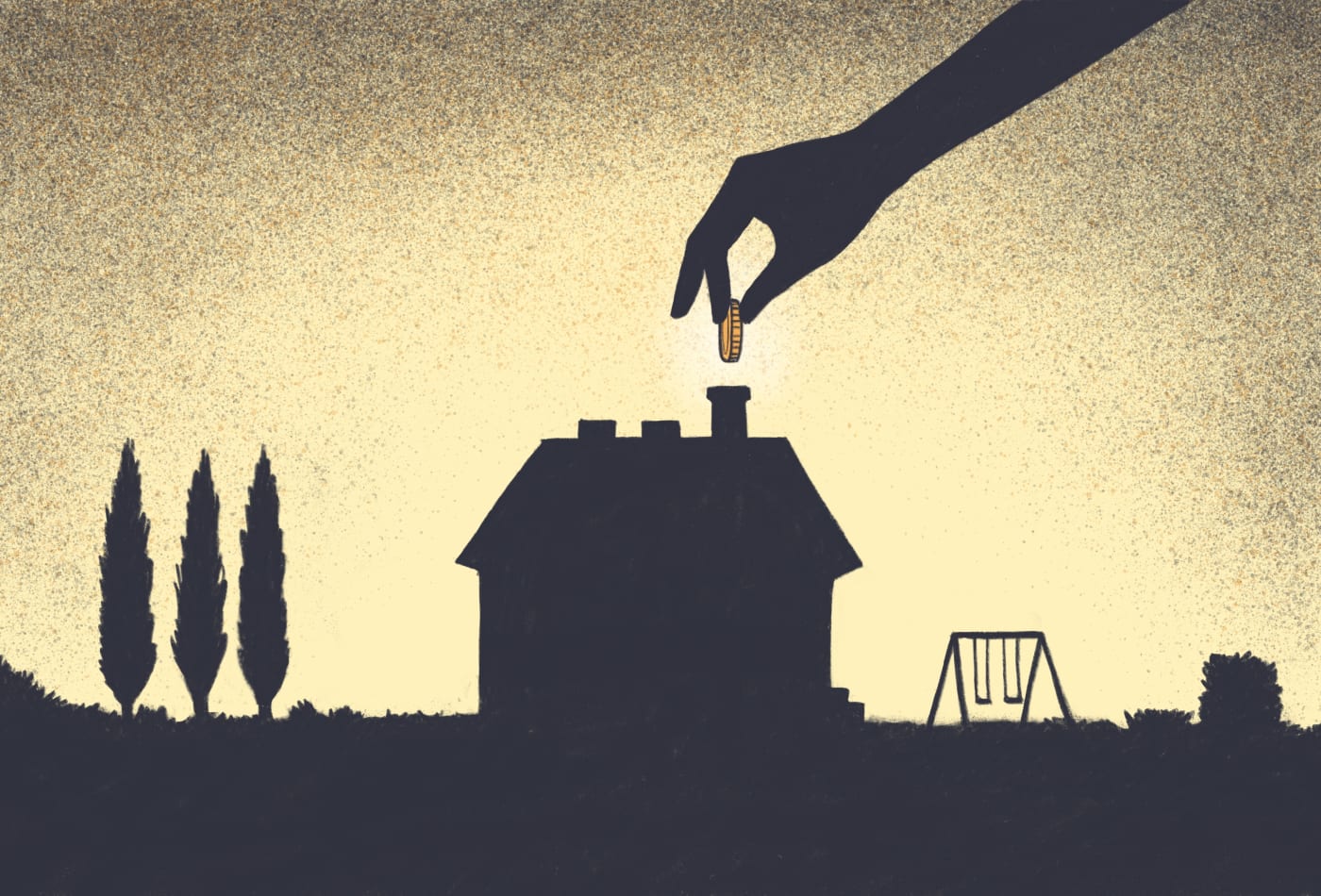

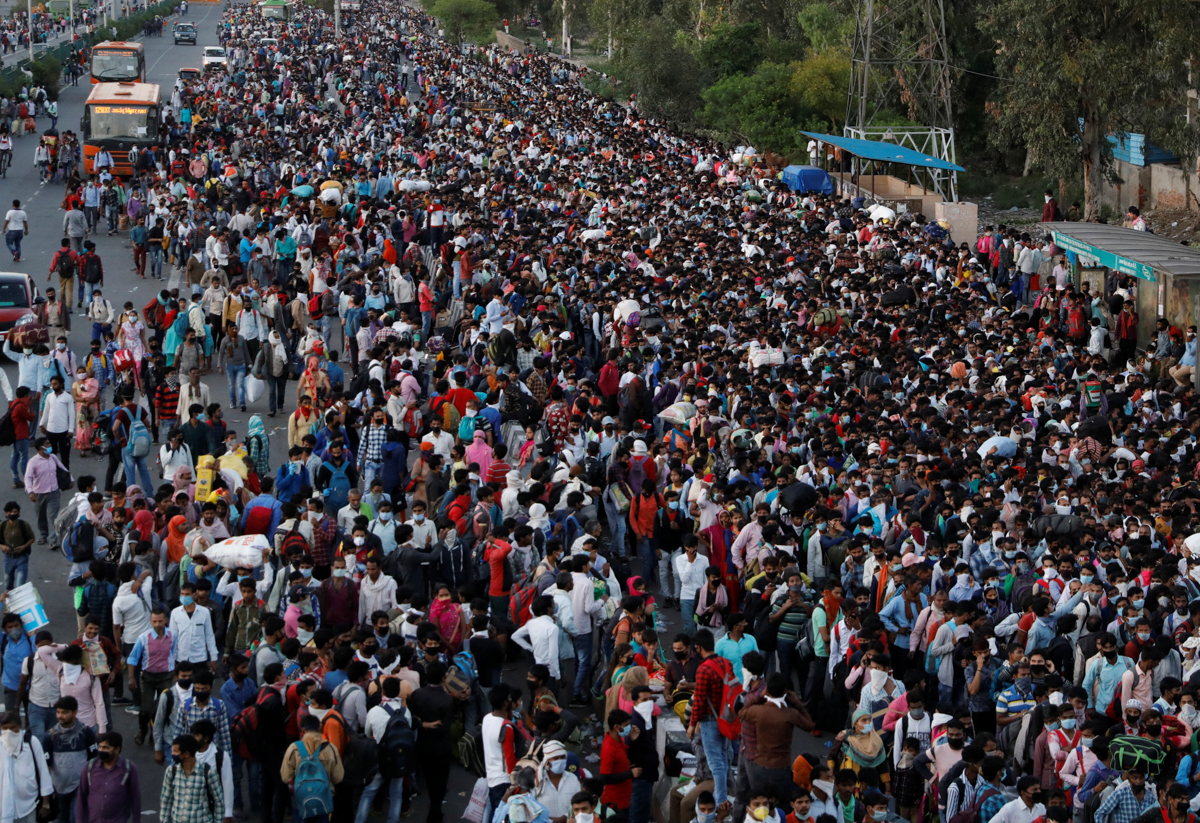
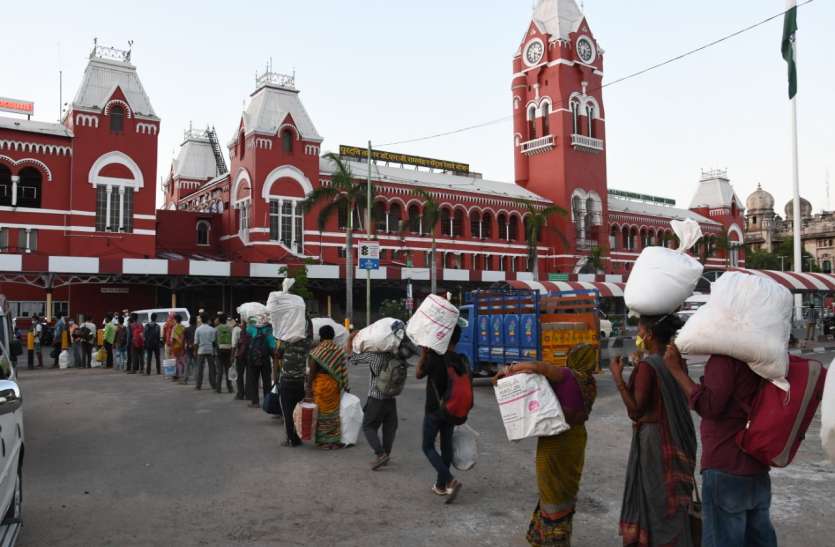
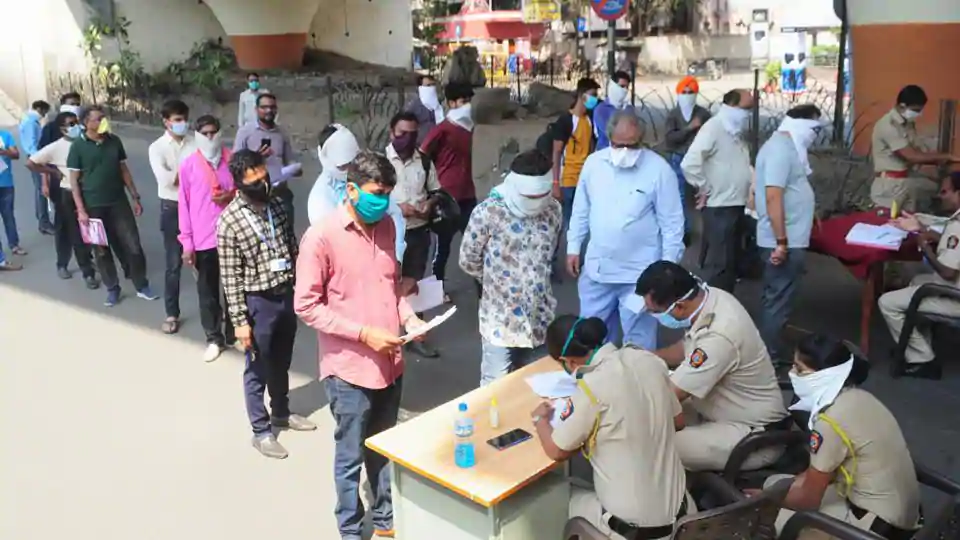
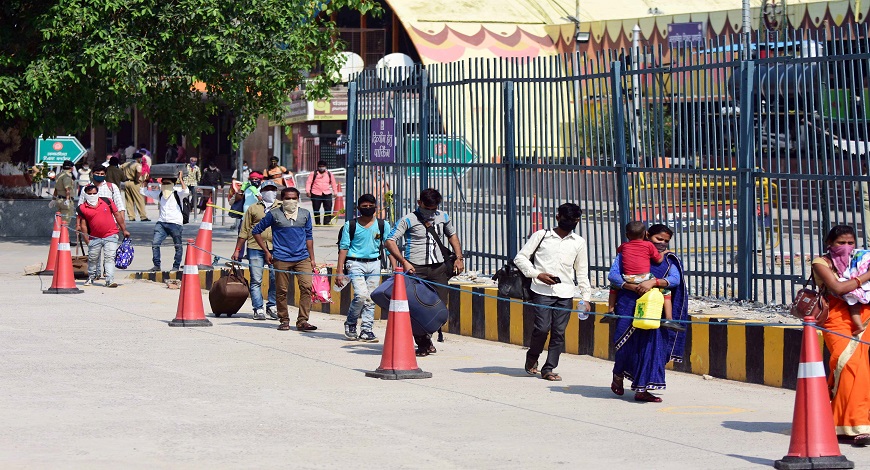
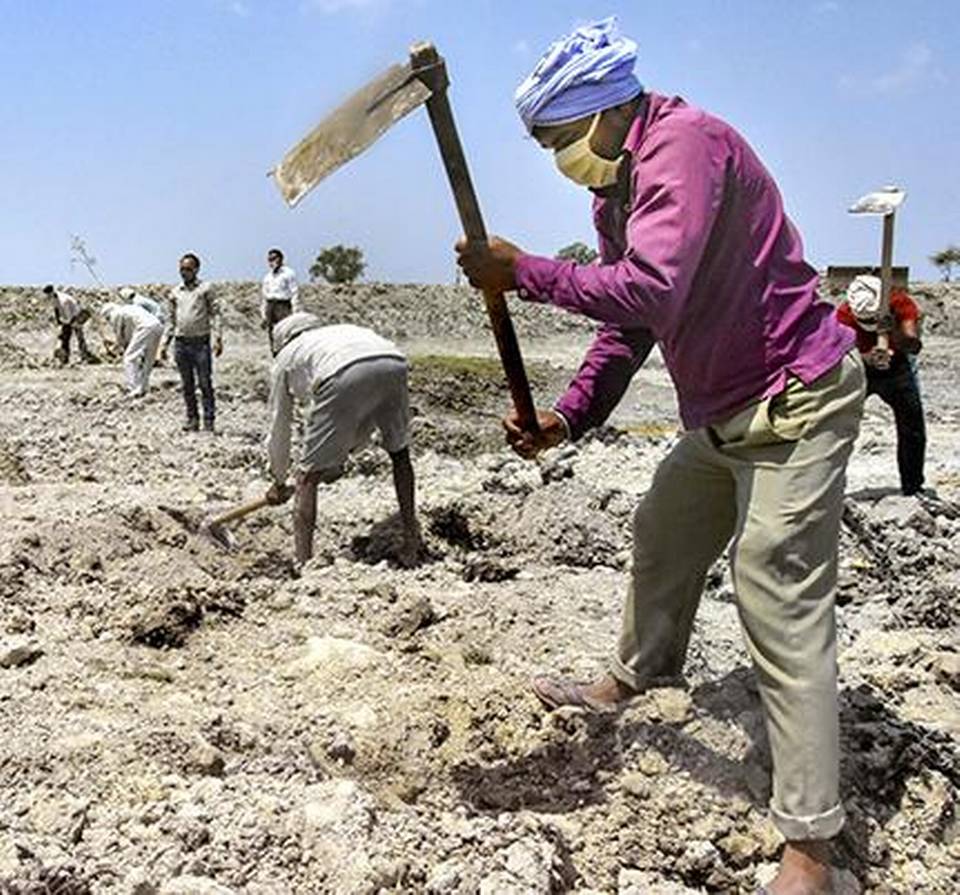
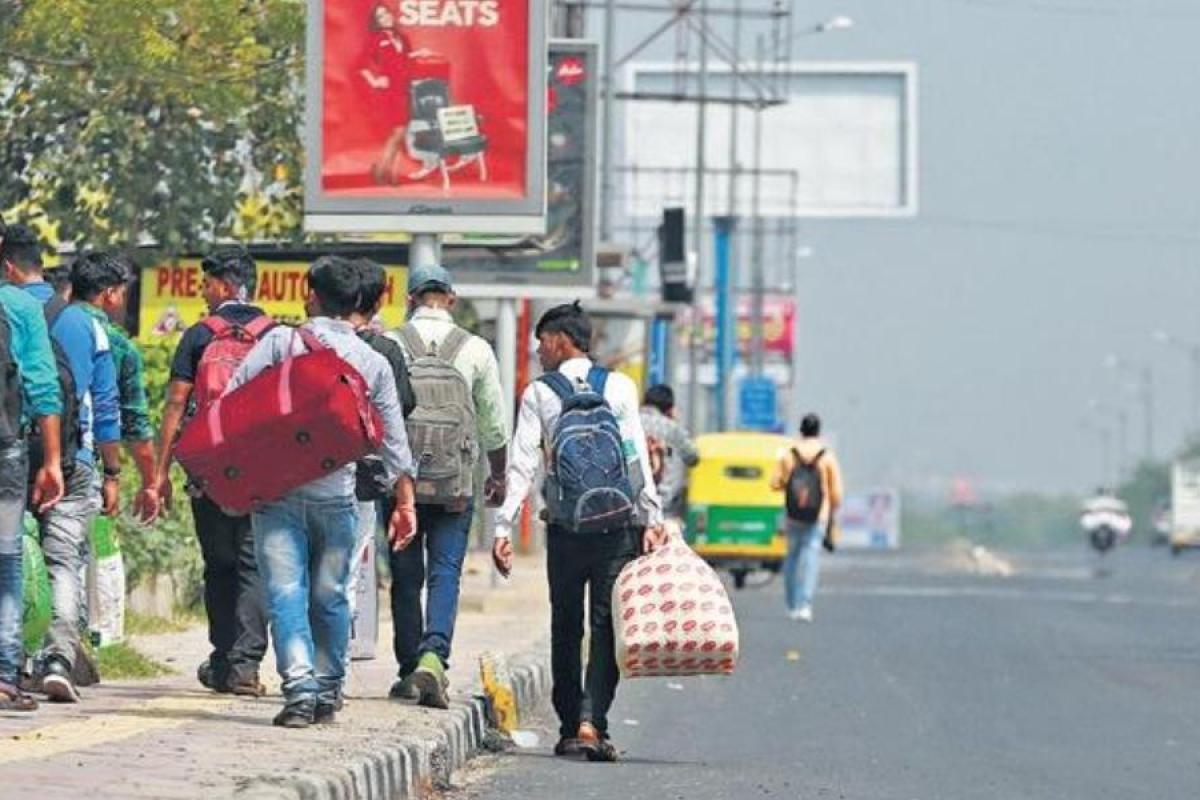
Sreelata Jonnalagedda
Anand Prahlad